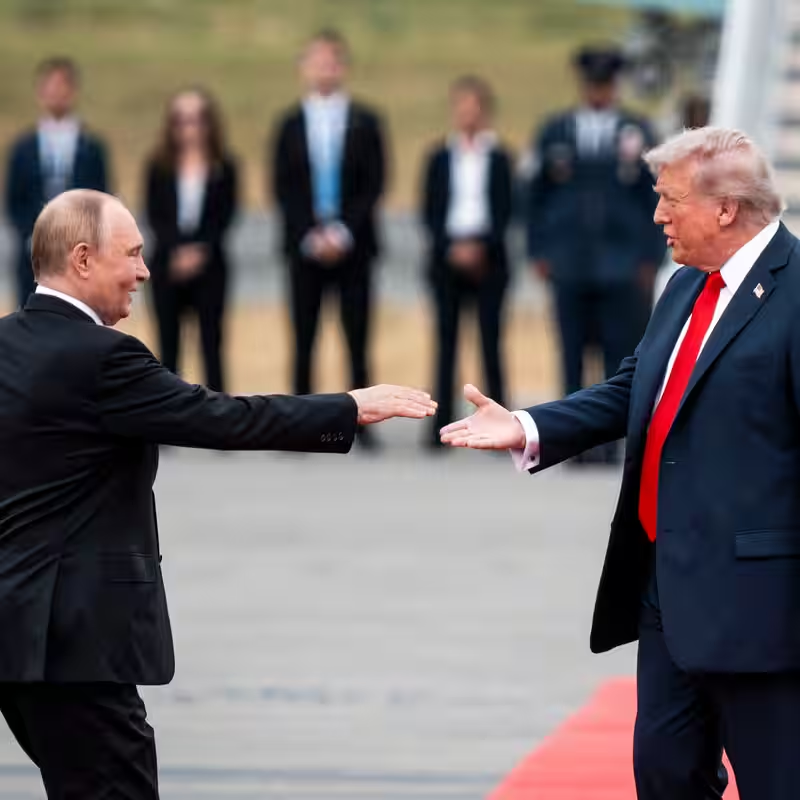Trump’s Ukraine Aid Doubts After Putin Call: A Geopolitical Pivot?
In a move that has sent shockwaves through the international community, former President Donald Trump has expressed significant skepticism about continuing U.S. military aid to Ukraine, particularly the supply of advanced weaponry like Tomahawk missiles. This shift in stance comes on the heels of a high-profile phone call with Russian President Vladimir Putin and plans for an in-person meeting in Budapest, Hungary .
A Call That Changed the Course?
The October 17th phone conversation between the two leaders appears to have been a pivotal moment. Following the call, Trump publicly questioned the wisdom of arming Ukraine with America’s most sophisticated weapons systems. “We need Tomahawks for the United States of America,” he was quoted as saying, signaling a potential retreat from the robust support that has defined U.S. policy for the past few years .
This development is not entirely out of the blue. Trump has a long-documented history of expressing admiration for Putin and has repeatedly voiced his belief that he can personally negotiate an end to the war in Ukraine . His administration has already taken concrete steps in this direction, having temporarily suspended military shipments to Kyiv earlier in 2025 and redirecting critical defense assets like 20,000 anti-drone missiles .
The Budapest Summit: A New Chapter or a Familiar Script?
Adding to the intrigue, Trump has announced that he and Putin will meet in person in the Hungarian capital of Budapest to discuss a potential peace deal for Ukraine . This planned summit has been met with deep skepticism from Kyiv and European allies, who fear that a direct negotiation between Washington and Moscow could sideline Ukraine’s own interests and sovereignty .
Ukrainian officials have largely shrugged off Trump’s latest comments, a sign of their growing wariness of his unpredictable foreign policy. They remain focused on their immediate battlefield needs and are wary of any diplomatic overtures that do not guarantee their territorial integrity and security.
What This Means for U.S. Foreign Policy
Trump’s apparent wavering on Ukraine aid represents a stark departure from the bipartisan consensus that has held in Washington since Russia’s full-scale invasion in 2022. His approach seems to be a classic blend of transactional diplomacy and a direct appeal to Putin’s own strategic calculus.
By playing to Putin’s ego and suggesting a grand, leader-to-leader peace deal, Trump is attempting to position himself as the ultimate dealmaker. However, this strategy carries immense risk. It could embolden Putin, weaken Ukraine’s negotiating position, and fracture the Western alliance that has been crucial in supporting Kyiv.
Timeline of Key Events
| Date | Event |
|---|---|
| October 16, 2025 | Trump announces plans to meet Putin in Budapest . |
| October 17, 2025 | Trump and Putin hold a phone call; Trump expresses doubts about Tomahawk missile aid to Ukraine . |
| June 2025 | Trump administration redirects 20,000 anti-drone missiles, signaling a shift in aid policy . |




